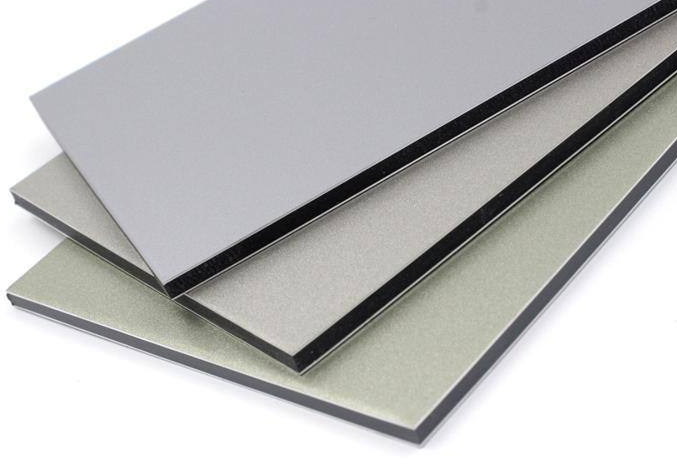Views: 203 Author: Julong Publish Time: 2023-05-18 Origin: Site








There are numerous metal composite plate process methods; different preparation methods have advantages, and existing reports do not have a substitute for other methods; thus, a variety of preparation processes coexist in a given period.
(1) Direct-rolling composite is a popular way of making metal sheets. Cold rolling requires the solution of a difficult-to-control plate shape, rolling edge cracking, the first pass under pressure, deformation resistance when the metal transversely fractures, deformation instability phenomena, and asynchronous rolling after more than 30 minutes. The previous 30 years of development have resulted in a huge number of scientific research results and a more competitive process approach, but it should be resolved as quickly as possible for it to be used in practice. The vacuum rolling composite method must overcome issues such as vacuum degree of access and change, gas atmosphere design, acquisition and maintenance of the activated surface, and others.
(2) One of the primary methods for producing metal composite plates is the explosion billet-rolling composite method. Because it is obtained through the explosion composite method of billet, it has both the explosion method's shortcomings, namely the choice of blasting site, noise handling, yield, relatively low productivity, and other shortcomings.
(3) sintering method to obtain the metal composite plate porosity, so this method can only be applied to the preparation of composite metal materials with high porosity; the scope of application is very narrow. In addition, the method of complex composite processes requires energy consumption.
(4) Casting and rolling composite method in the production of composite plates: due to the high composite temperature, composite substrate surface oxidation is prone to the formation of an oxide layer; at the same time, due to the different melting points of the compound metal and the base metal, the combined parts are prone to melt loss, so it is difficult to get good-quality composite steel plate. The plate thickness and weight are therefore limited to avoid being melted by the steel.
(5) Because of the low material rate, the reverse solidification method for preparing metal composite plate operations makes it difficult to control product size accuracy.
(6) The electromagnetic continuous casting method for producing composite plates is still in the early stages of development. However, the reverse solidification method has a significant competitive advantage due to its interface bonding strength, high efficiency, low consumption, environmental protection, and other advantages in the future research field. Because it is a liquid-liquid phase combination, the thickness of the composite plate is difficult to control, and the organization and performance of the composite plate are also relatively poor when compared to the rolling method.
Given the scarcity of direct rolling and sintering methods, the search for a new method that can achieve a good combination of interfaces in atmospheric rolling while overcoming the numerous problems caused by joint interface oxidation will become a new research direction in the field of materials processing engineering in the future.
In addition to overcoming the problem of oxidation at the joint interface, another major research direction in this field has been to find a better method of compounding in the atmosphere by overcoming the large amount of first-pass pressing in cold-rolling compounding and achieving good interfacial bonding.
Achieving the above two approaches and, in actual production, achieving a simple process that is easy to operate, efficient, and low consumption can be continuous production will become the future long-term research direction.
Existing processes are inseparable from rolling mill rolling, which means that rolling does guarantee excellent material characteristics, and some experts predict that with the continuous development and perfection of the preparation technology, the final perfect rolling composite method may be the production of a metal composite plate of choice, and then the perfection of the direct rolling composite method should become an important direction in our future.
Can Atap Aluminium Composite Panels Withstand Extreme Weather Conditions?
How Durable Are Aluminium Composite Panels in Harsh Weather?
How Can Alustar Aluminium Composite Panels Enhance The Aesthetic of Your Building?
What Factors Affect The Weight of Aluminum Composite Panels Per Square Meter?
How Long Do Aluminum Composite Panels Last in UAE's Harsh Climate?
What Are The Most Effective Tools for Drilling Aluminum Composite Panels?
What Is The Cost of Aluminum Composite Panels From Suppliers in Canada?